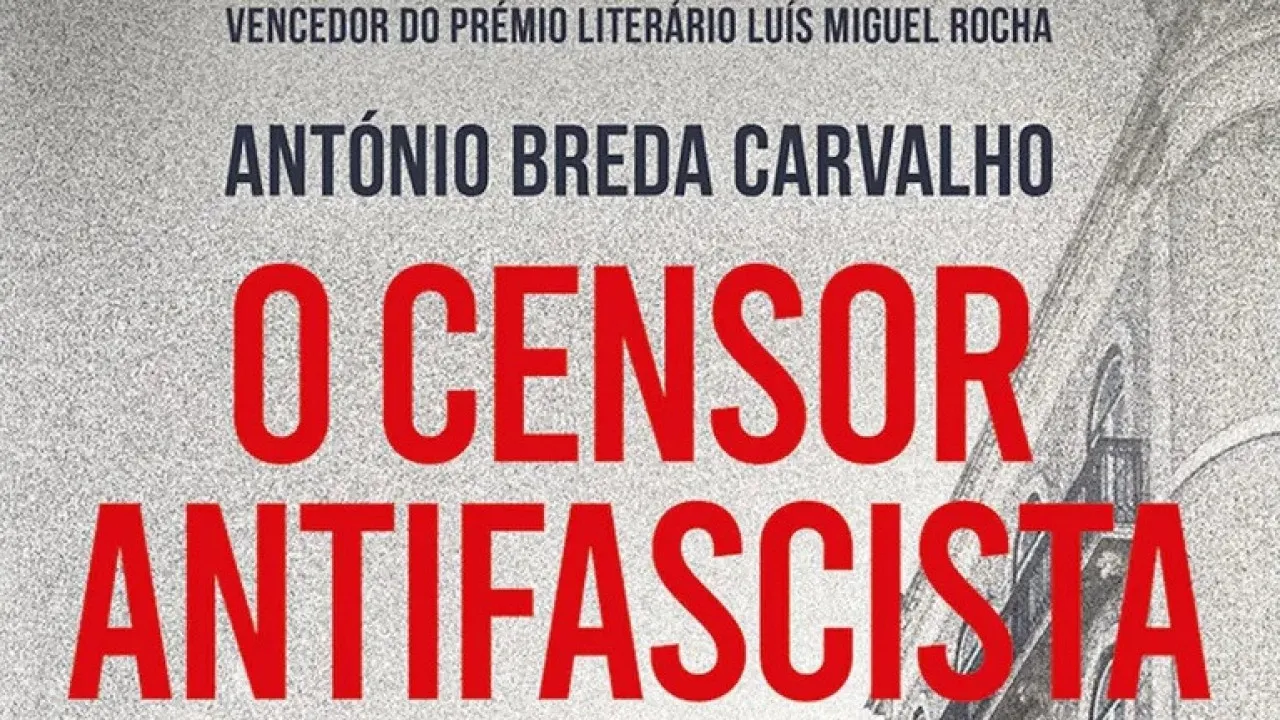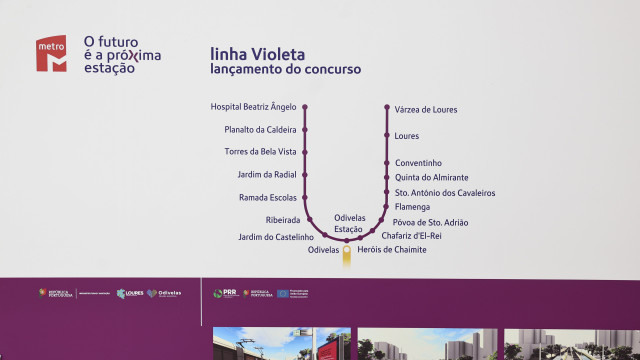
The novel triumphed in the third edition of the Luís Miguel Rocha Award, organized by the Municipality and Municipal Library of Viana do Castelo in collaboration with Porto Editora. The jury praised the work for its “originality and consistency of narrative plot.”
In an interview, the novelist explained that the project was inspired by the near absence of literature addressing the issue of censorship in Portugal during the dictatorship era [1926-1974].
“I envisioned writing a novel that explored this theme, while also delving into many other aspects inherent to the society of that time, with a critical perspective,” he added.
António Breda Carvalho received the prize last year, coinciding with the 50th anniversary of April 25th. By chance, his novel will be published this week, a year later.
The novelist expressed that the award, the timing of its presentation, and the coincidence of the publication still hold a “special significance,” particularly reinforcing the “memory that Portugal lived under a dictatorship for 48 years,” which were “closed and claustrophobic due to censorship that stifled freedom of expression in streets, arts, and the media.”
“This book serves as a reminder to new generations that while today Portugal is a country by the sea, before April 25th, 1974, it was a country without a garden,” he remarked.
Censorship was one of the repressive apparatuses of the Estado Novo that was most felt daily, affecting the media, which was subject to “pre-examination” before news or reports could be published, and the arts, particularly theater, with rehearsals monitored and text sections cut by censors.
The narrative of “The Anti-Fascist Censor” unfolds from the early 1970s until about two years after April 25th, 1974. The protagonist “comes from a rural, humble background, aspiring to rise in life and achieve a social level above that of his family of origin.”
Living in Lisbon was the dream of this young man who “wanted to be a man of culture, outside that rural, enclosed, countryside environment where he would lead a life without any special meaning,” although he often considered abandoning this dream.
This work is an “autodiegetic novel,” meaning that the protagonist narrates his own story.
He never reveals his name, and “through various vicissitudes and adventures, while already residing in Lisbon and having completed military service, paradoxically ends up serving as a censor, owing to his connection to literature and acquaintances in the military sphere.”
The protagonist, an anti-fascist, was invited to join the dictatorship’s repressive apparatus despite “having already become aware of the country’s situation, especially since he lived in a pension owned by a ‘snitch,'” the author explained, referring to a term popularly used for the informers of the then political police, PIDE-DGS (International State Defense Police – Directorate-General of Security).
Economic difficulties led him to accept the role, “not out of ideology or support for the Estado Novo, but out of necessity,” “at a time when he was about to give up the dream of living in the capital.” He ultimately engages in a “double game” that raises his superiors’ suspicions. He narrowly escapes their notice as April 25th erupts.
Through this novel, the author sought to depict “the workings of the censorship mechanism, the psychology of the censor, the tricks journalists used to evade censorship cuts, and the distrust of censors, which increased if they found nothing [to cut]. They even distrusted their own shadow. It is the protagonist who describes this atmosphere experienced in the Censorship office.”
The Estado Novo dictatorship, says Breda de Carvalho, “provides ample material,” allowing for “numerous and varied novels to be created.”
As a novelist, António Breda Carvalho aims to “create strong characters with their own soul, well-drawn psychologically, not just paper dolls.”
He is always concerned with “crafting a well-constructed story, well interconnected, that the writing possesses literary quality, and that it promotes critical reflection on the present or past, closely tied to humanity’s splendors, but also its miseries.”
“I’m not interested in telling a story to entertain,” argued the writer, “despite literature having an entertainment function, but it’s a pedagogical entertainment that awakens awareness.”
The author acknowledged that historical settings can be a source of inspiration but maintains that his work is “pure literary fiction, which might even originate from a historical fact.” However, they are not historical novels.
António Breda Carvalho was born in Mealhada, in June 1960, and is a Portuguese teacher in secondary education. He has published several works of essays and fiction, winning the António Feliciano de Castilho prize with “As Portas do Céu” in 2000, the João Gaspar Simões Prize with “O fotógrafo da Madeira” in 2010, and an honorable mention of the same prize with “Os azares de Valdemar Sorte Grande” in 2012. He won the Carlos de Oliveira Award with “A Odisseia do Espírito Santo” in 2018.
His published books also include titles such as “Os Filhos de Salazar” (2016), “O crime de Serrazes” (2017), “Morrer na outra margem” (2018), and “A banda que tocou fora da Graça de Deus” (2019).
Currently, he says he feels no motivation to write but may return to it: “Maybe in retirement, to distract myself.”




